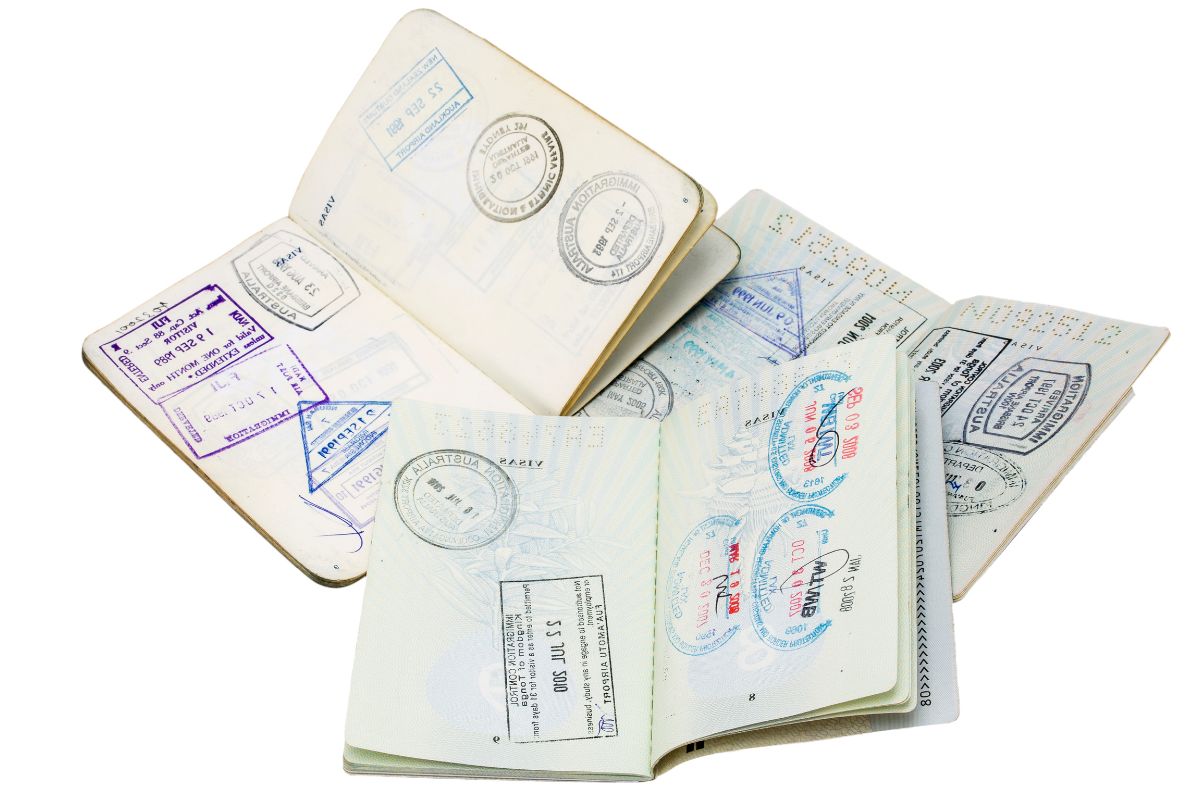
What is "good moral character" for USCIS citizenship? It's a term used by the United States Citizenship and Immigration Services (USCIS) to determine if an applicant qualifies for naturalization. Good moral character means that the applicant has not committed certain crimes or engaged in behavior that would reflect poorly on their character. This includes avoiding serious offenses like fraud, drug trafficking, and violent crimes. USCIS reviews the applicant's conduct over a specific period, usually five years before applying. Understanding these requirements can help you prepare for the citizenship process and ensure you meet all necessary criteria.
Understanding Good Moral Character
When applying for U.S. citizenship, one crucial requirement is demonstrating good moral character. This means applicants must show they have behaved in a manner consistent with the values and principles of American society. Here are some key facts about what constitutes good moral character according to the U.S. Citizenship and Immigration Services (USCIS).
-
Criminal Record: A clean criminal record is essential. Serious crimes like murder, aggravated felonies, or drug trafficking can permanently bar someone from proving good moral character.
-
Honesty: Lying or providing false information on your application can disqualify you. Honesty is a cornerstone of good moral character.
-
Tax Compliance: Paying taxes on time and in full is crucial. Failure to do so can be seen as a lack of good moral character.
-
Selective Service Registration: Male applicants between 18 and 26 must register for the Selective Service. Not registering can negatively impact your application.
Specific Behaviors and Actions
Certain behaviors and actions can either support or undermine your claim to good moral character. Here are some specific examples.
-
Community Involvement: Volunteering and participating in community activities can positively reflect your character.
-
Employment History: Steady employment and a good work record show responsibility and reliability.
-
Family Responsibilities: Taking care of your family, including paying child support, demonstrates good moral character.
-
Substance Abuse: Avoiding illegal drugs and excessive alcohol use is important. Substance abuse can be seen as a negative factor.
Legal and Financial Obligations
Meeting legal and financial obligations is another critical aspect of good moral character. Here are some key points to consider.
-
Debt Repayment: Consistently paying off debts and not defaulting on loans shows financial responsibility.
-
Court Orders: Complying with court orders, including those related to child support and alimony, is essential.
-
Traffic Violations: While minor traffic violations may not impact your application, serious offenses like DUI can be problematic.
-
Fraudulent Activities: Engaging in fraud, including immigration fraud, can permanently bar you from proving good moral character.
Time Frame and Consistency
USCIS looks at your behavior over a specific period, usually the five years preceding your application. Consistency in good behavior is key.
-
Five-Year Period: USCIS typically examines your behavior over the last five years. Any negative actions during this time can impact your application.
-
Continuous Residence: Maintaining continuous residence in the U.S. without long absences shows commitment to the country.
-
Probation and Parole: Being on probation or parole during the five-year period can negatively affect your application.
Exceptions and Special Considerations
There are exceptions and special considerations that USCIS may take into account when evaluating good moral character.
-
Humanitarian Grounds: In some cases, humanitarian grounds may be considered, especially for refugees and asylees.
-
Military Service: Serving in the U.S. military can positively impact your application, demonstrating loyalty and commitment.
-
Rehabilitation: Evidence of rehabilitation, such as completing a substance abuse program, can help mitigate past negative behavior.
-
Youthful Offenses: Offenses committed as a minor may be viewed differently, especially if there is evidence of rehabilitation.
-
Exceptional Circumstances: USCIS may consider exceptional circumstances that explain negative behavior, such as severe personal hardship.
Understanding these aspects of good moral character can help you prepare a strong application for U.S. citizenship.
Final Thoughts on Good Moral Character
Understanding good moral character is crucial for anyone seeking USCIS citizenship. It’s not just about avoiding criminal activity; it’s about demonstrating honesty, integrity, and respect for the law. Simple actions like paying taxes, being truthful on applications, and showing respect for others can make a big difference.
Remember, USCIS looks at your behavior over the past five years, so consistent good conduct is key. If you’ve made mistakes, don’t lose hope. Showing genuine remorse and making amends can still work in your favor.
Staying informed about what constitutes good moral character helps you stay on the right path. Keep these facts in mind, and you’ll be better prepared for your journey to citizenship. Good luck!
Was this page helpful?
Our commitment to delivering trustworthy and engaging content is at the heart of what we do. Each fact on our site is contributed by real users like you, bringing a wealth of diverse insights and information. To ensure the highest standards of accuracy and reliability, our dedicated editors meticulously review each submission. This process guarantees that the facts we share are not only fascinating but also credible. Trust in our commitment to quality and authenticity as you explore and learn with us.
